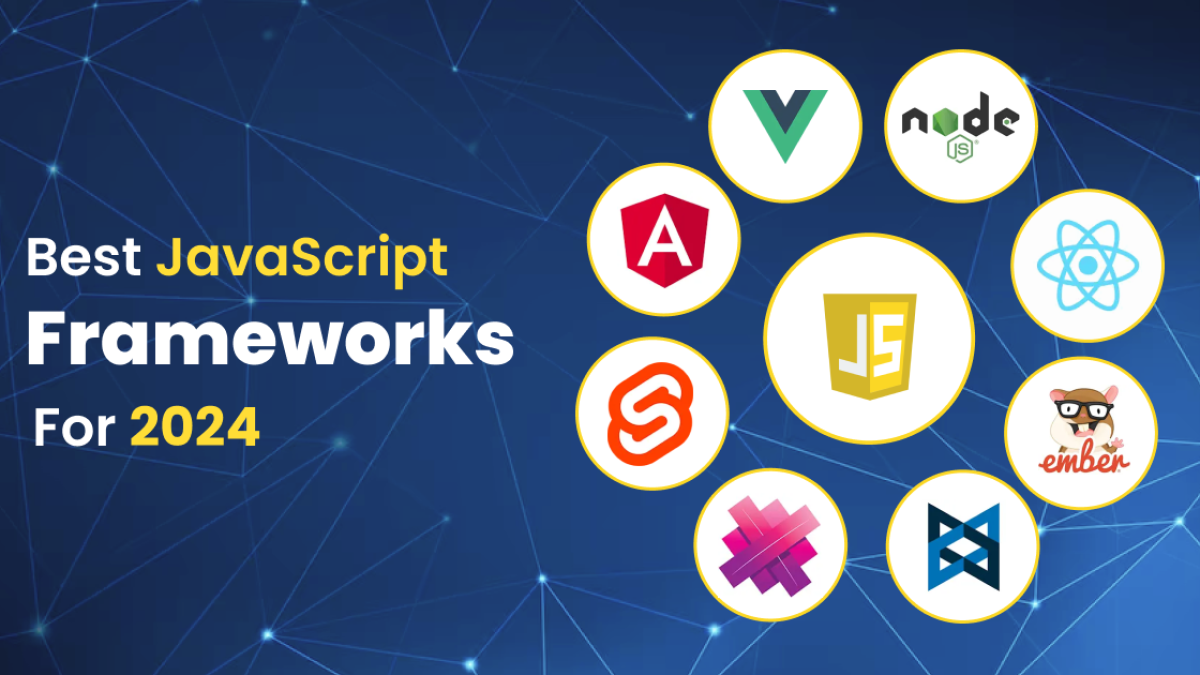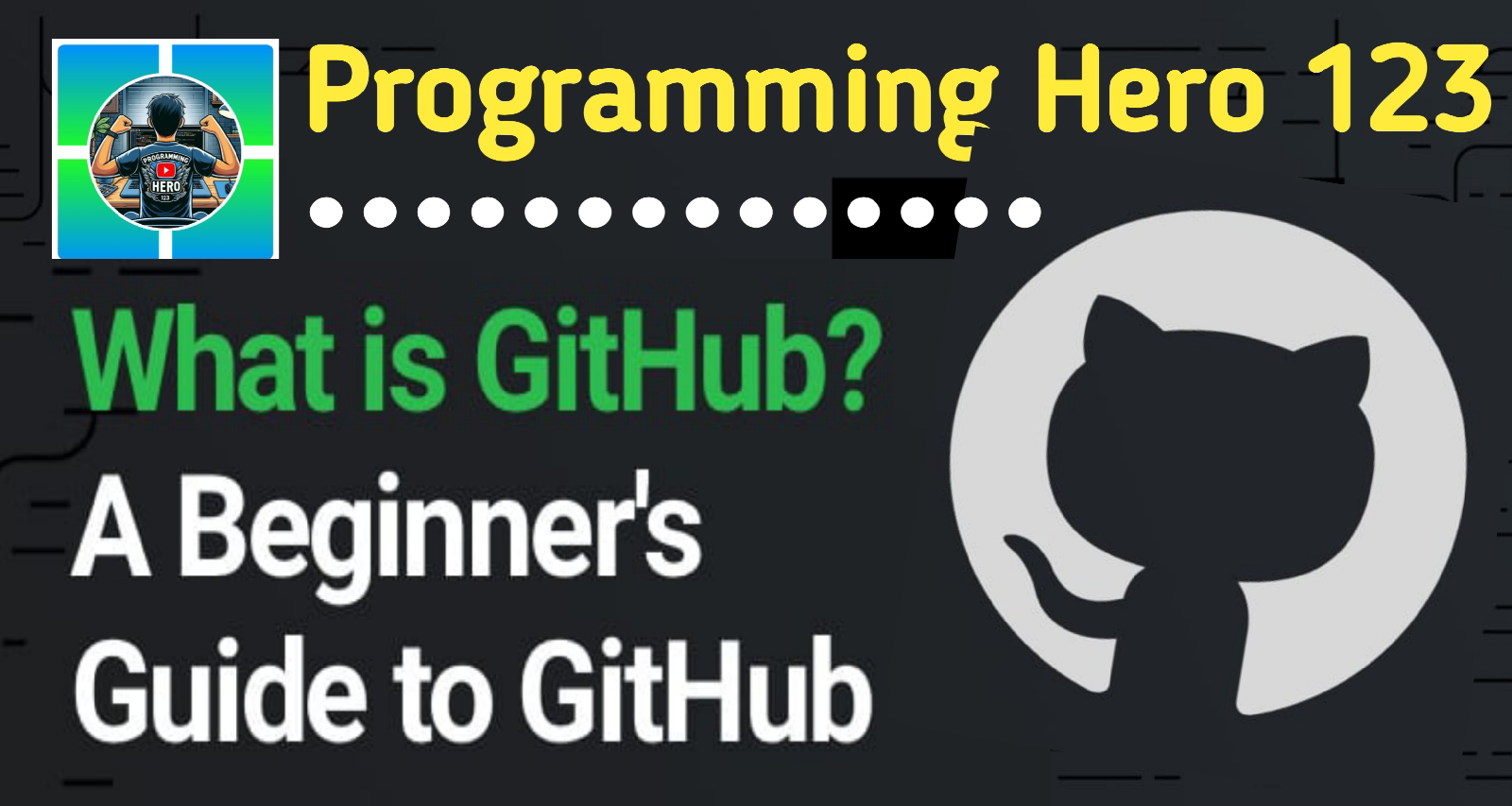Diagonal Difference Method (DDM)
Diagonal Difference Method (DDM): A Revolutionary Approach to Solving Linear Equations Introduction Mathematics serves as the backbone of various disciplines, from engineering to economics, and one of its core components is the solving of linear equations. As students and professionals alike navigate the complexities of algebra, they often encounter systems of equations that can seem daunting. Traditional methods like substitution and elimination, while effective, can be tedious and prone to human error. In light of these challenges, I am excited to introduce a new method for solving systems of two linear equations: the Diagonal Difference Method (DDM) . This innovative technique focuses on diagonal relationships within the equations, allowing for a more streamlined and intuitive approach to finding solutions for the variables x x x and y y y . The Need for a New Method Linear equations are a fundamental aspect of mathematics, yet the methods to solve them often involve multiple steps...








